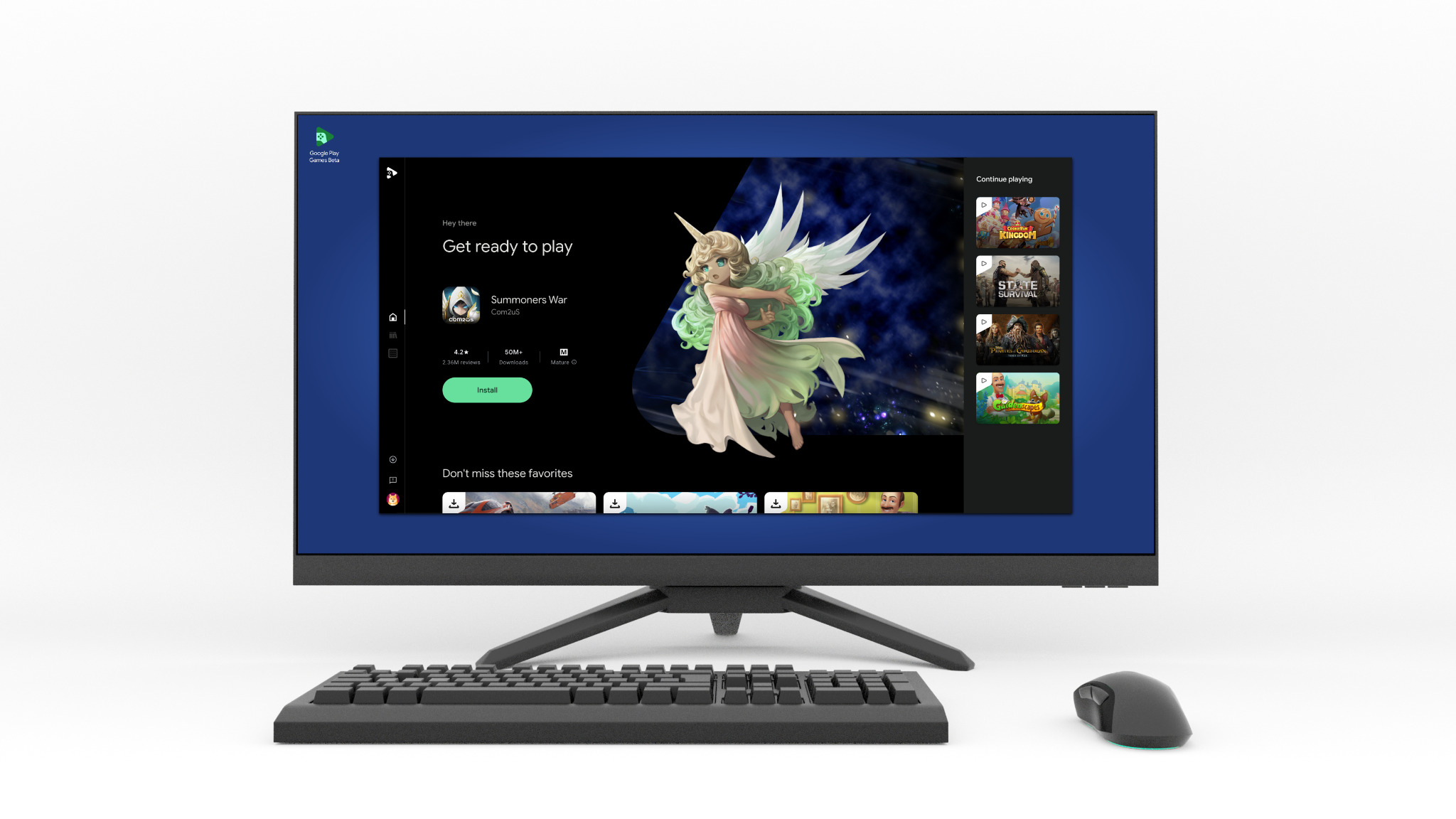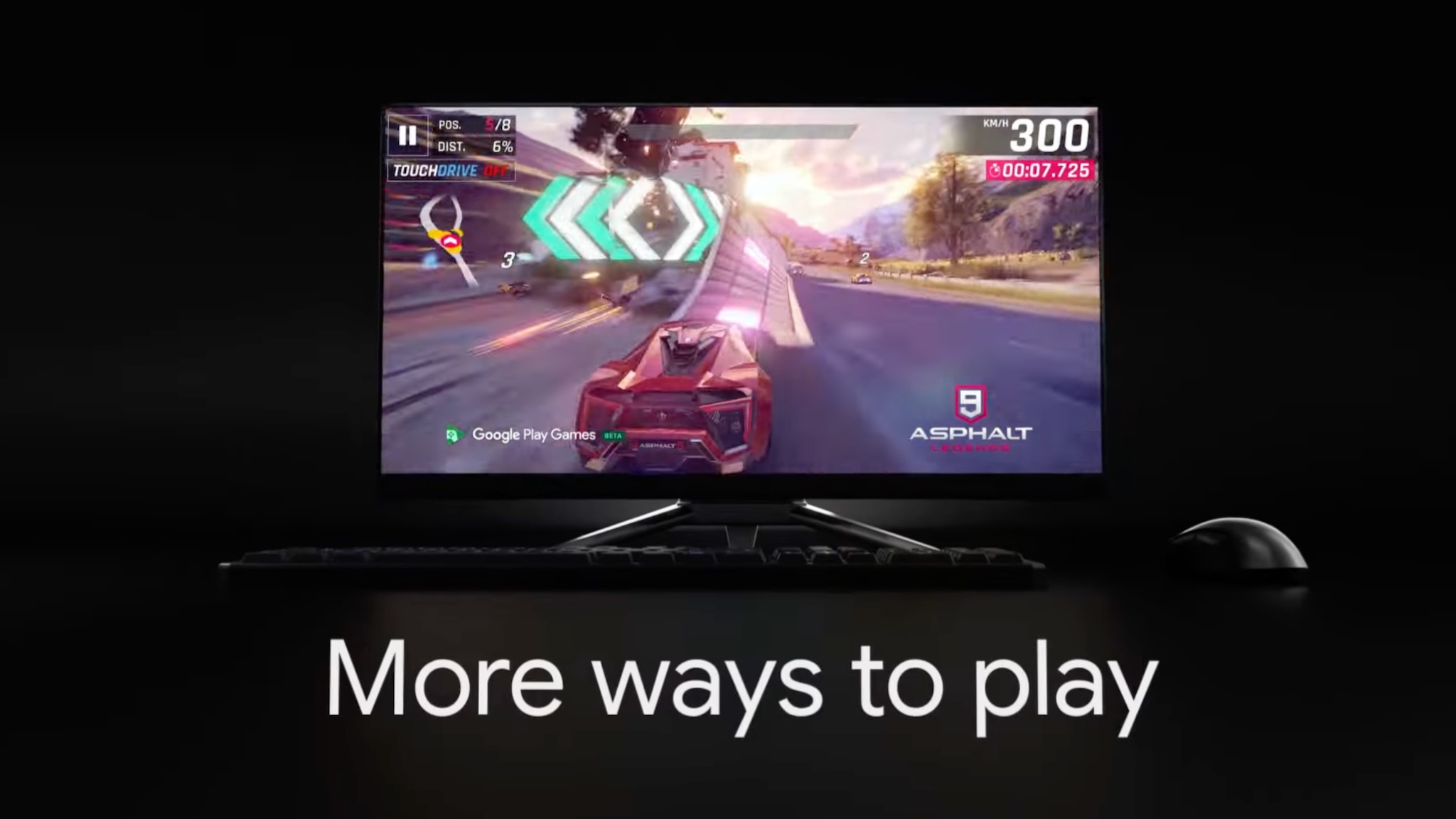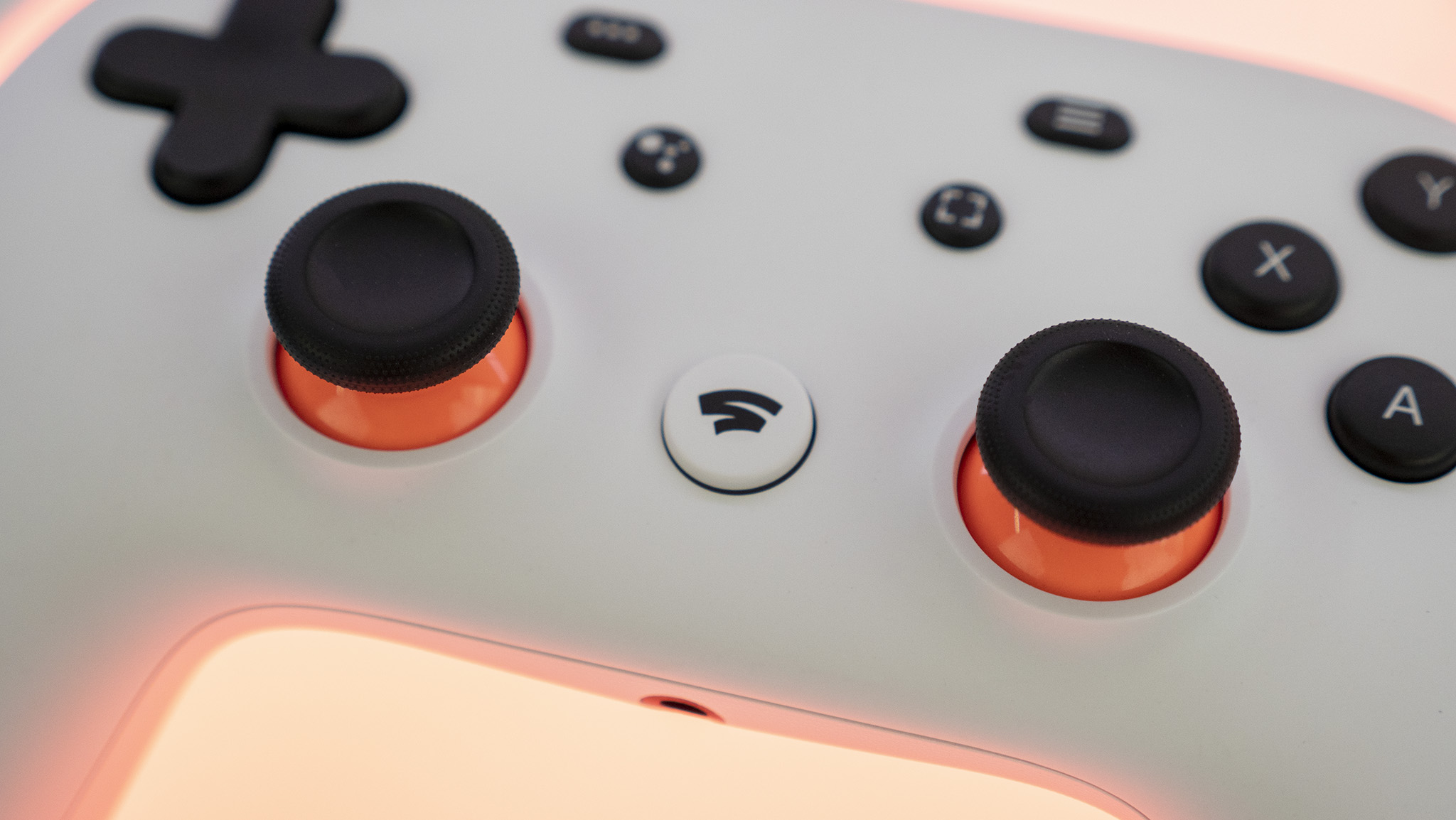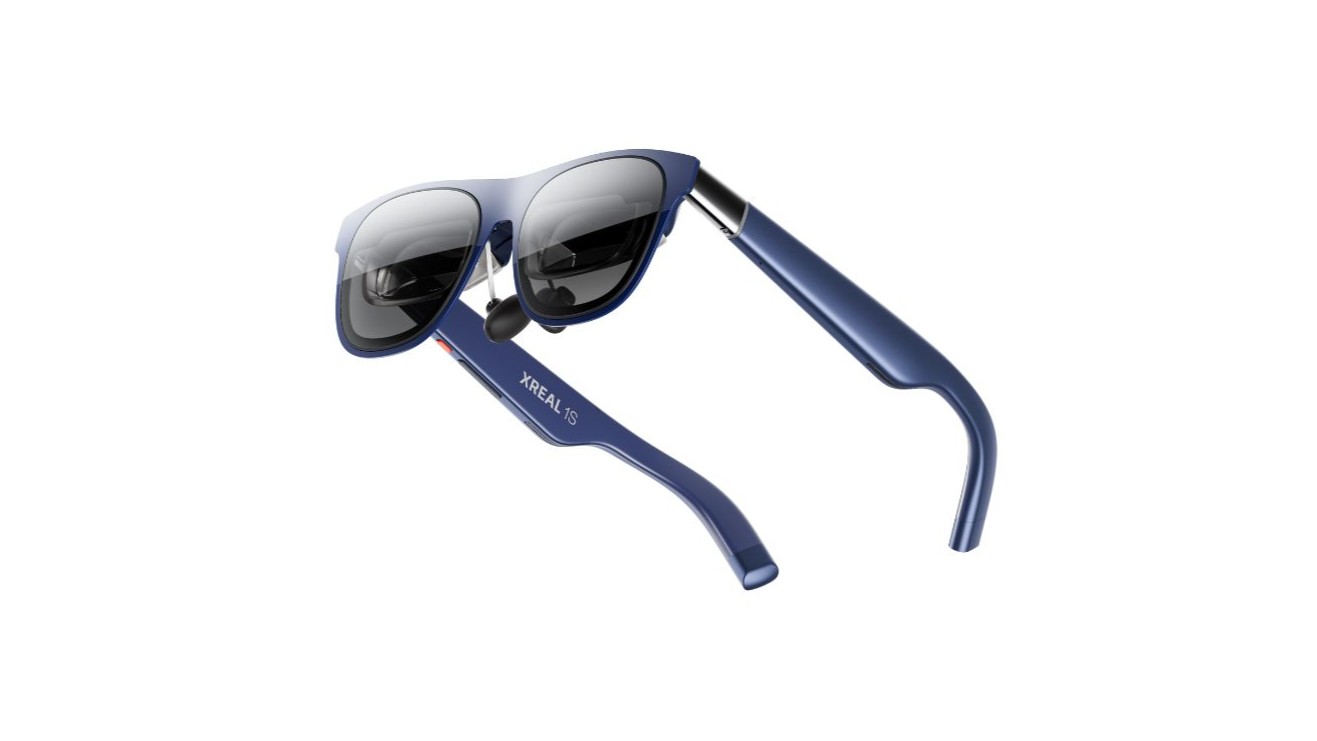Stadia is dead; will Google's new PC gaming app do better?
Google Play Games for PC hasn't made much of an impact since its U.S. beta launch; will Google kill it too?

Google Stadia officially shut down on January 18, but the company did its best to make the cloud gaming app's death as dignified as possible. It refunded every game purchase and updated the Stadia Controller firmware so you can use it for other platforms.
The question is, will this last-minute image rehabilitation help Google Play Games for PC, the new gaming app that lets you play optimized Android games on your computer? Or is the deck already stacked against Google's latest gaming effort before it even leaves beta?
Right now, the Google Play Games app is available in 17 countries, including the United States as of November. It has about 60 Android games in its library and requires a Windows 10 or 11 PC with 8GB of RAM, 4 CPU cores, and at least 10GB of storage. Plus, you need to go into your computer's BIOS and enable hardware virtualization so Google can recreate a virtual Android environment on your PC.
The benefit of Google Play Games is obvious: you play your favorite mobile games on the go during the day, then come home and enjoy those same games on a much larger screen with more accurate keyboard and mouse controls, with your saved data intact. It's a cool concept, and when I tested the beta app myself, it was clear that Google has put effort into ensuring these apps perform well, with great keyboard mapping for apps that were originally touch-only.
The question is how many gamers and developers will buy in.
Of the 60 or so Android games on the platform, only Asphalt 9: Legends numbers among our long list of the best Android games — not counting Genshin Impact, which is "on" Google Play Games but just links to the Windows version. Here, we can see a mirror of Stadia's early days, when its indie-heavy library didn't have enough sway to draw major public interest.
Without Marvel Snap, Call of Duty: Mobile, Subway Surfers, and all the other "Top Chart" Android games, Google Play Games will struggle to attract mainstream attention. You might find this an unfair statement since the app is still in beta; but major developers have a solid reason not to play along with Google, beyond how it screwed over partnered Stadia devs when it unexpectedly shut the service down.
Get the latest news from Android Central, your trusted companion in the world of Android
Put plainly, a lot of popular mobile apps either have desktop ports or related franchise titles on PC, and Google Play Games could cannibalize sales or downloads if gamers can access free mobile versions on their PCs. Innersloth won't want Among Us mobile to distract from Among Us on Steam, for example. Apex Legends has slower Legends unlocks than Apex Legends Mobile, so PC gamers could abandon one for the other. Even Call of Duty: Mobile could steal attention from Warzone, despite their significant differences in graphics and gameplay.
In theory, Google would want to make all of its hundreds of Play Pass games compatible with Google Play Games. In practice, well, many of our favorites also have console or PC versions that the mobile port might undercut.

Stadia may not have achieved the widespread success Google hoped for, but one major reason for its success was its simplicity: you simply opened a browser on your phone, PC, or TV, clicked a Play button, and dove in. Google Play Games is just slightly more inconvenient, but that does make a difference.
Hardcore PC gamers may scoff, but I guarantee that plenty of everyday folks will hit the pop-up about requiring hardware virtualization prior to opening the app and then just...give up. And for those who do look up how to enable it, they'll then have to download every game they want to try.
Google Play Games should appeal to those who already use Bluestacks emulation for Android on PC, but want a more official version. The issue here is that Bluestacks 5 supports two million Android games since it doesn't bother with the same level of PC optimization Google is pushing. Dropping down from a full Android library to just 60 is a tall ask for those users, even though Google Play Games is (in my mind) much better!

I'm no expert on how much it costs to run this new app, or how exactly Google intends to make money on it. Will there be a Stadia Pro-esque subscription or will it require Play Pass to use? Or does Google simply hope a free GPG app will get more PC gamers to buy Android games regularly, stealing customers from Steam and Epic Games?
Whatever the case, we know that Google projects tend to get a short leash. Before Stadia died, Google killed Stadia G&E, its studio for developing original games, only about 1.5 years after it launched — well before it reasonably had time to release new games and recoup its investment. Google spent obscene amounts of money to attract major games like Cyberpunk 2077 and RDR 2 to Stadia, then shut Stadia down when not enough people bought them.
Google Play Games may have a similar catch-22 situation because barring any internal numbers from Google suggesting otherwise, there hasn't been much buzz around the Google Play Games app since its launch in November. It needs bigger-name Android apps to give gamers more reason to buy in, but Google might need to incentivize those developers to join the platform and adapt their apps to PC — which will create greater internal pressure to see a return on investment quickly.
We'll have to wait and see how Google Play Games for PC grows its library over time. Smaller Android developers may see this as an opportunity to grow their audience to PC gamers without needing the resources for PC development. Whether or not Google Play Games can last longer than Stadia, given the infamous Killed by Google legacy, is another question that I can only hope has a positive answer.

Michael is Android Central's resident expert on wearables and fitness. Before joining Android Central, he freelanced for years at Techradar, Wareable, Windows Central, and Digital Trends. Channeling his love of running, he established himself as an expert on fitness watches, testing and reviewing models from Garmin, Fitbit, Samsung, Apple, COROS, Polar, Amazfit, Suunto, and more.
